Effects of somatropin
What is growth hormone
There are several different preparations containing somatropin available at the pharmacy. This is the name of the growth hormone produced by the anterior lobe of the human pituitary gland. It is produced throughout life, especially actively until the age of 20-25 years, then its formation slows down. This hormone, as well as others, is necessary for the normal functioning of the organism.
In addition to stimulating growth and development in childhood and adolescence, it affects the formation of muscles and bones, as well as fat metabolism in the body and even cardiac function. Its production is accelerated under the influence of some other hormones and amino acids, during sleep and exercise. But sometimes a person experiences somatropin deficiency. This can happen because of high levels of sugar or fatty acids in the blood, increased amounts of insulin or for other reasons. In this case, the doctor recommends buying growth hormone from a pharmacy and taking it additionally.
Artificial growth hormone
This substance was discovered in the middle of the XX century. Initially, growth hormone was used for medical purposes and was used to accelerate the growth of children with delayed development. But then some of its other properties were discovered, such as the ability to increase muscle mass and reduce fat deposits. So it was actively used in sports. But since 1989 somatropin has been banned by the Olympic Committee. Despite this, now in our country you can freely buy muscle growth hormones in the pharmacy. Athletes use them, especially in bodybuilding, because these drugs not only help to build muscle mass, but also burn subcutaneous fat.
Types of drug
There are 2 types of the drug depending on the way it is obtained – recombinant and synthetic. Recombinant is a substance obtained through genetic engineering. E. coli is affected by changing its genes in a certain way, after which it begins to produce somatropin.
Synthetic is a hormone obtained in the laboratory through chemical reactions. The first type of substance is the least harmful and causes the fewest side effects. Previously, the hormone was obtained from the pituitary glands of cadavers as an extract. But this method was found to be harmful and is no longer used. In the pharmacy is usually available several preparations containing somatropin. Which one to choose, will prompt the attending physician.
Effects of the drug GH on the body
First of all, the use of somatotropin was mastered for the treatment of adolescents prone to dwarfism. The drug helps in such cases to increase the growth rate of skeletal bones. The drug is used by bodybuilders to build muscle. But this is not limited to the effect of somatropin on our body.
Growth hormone also:
- Increases performance, improving muscle tone and endurance;
- Has a positive effect on hair structure, strengthening it (hair becomes thicker, stops falling out, grey hair disappears);
- Promotes good mood, fights depression;
- Creates a rejuvenating effect, prevents wrinkles on the face;
- Stimulates memory, increases the ability to learn;
- Normalises BP, prevents the formation of bad cholesterol;
- Burns fat accumulations;
- Helps wound healing and tissue regeneration after injury;
- Strengthens ligaments and joints; Boosts immunity; Normalises metabolism.
All these properties are used by medicine to treat various pathologies. The drug is prescribed to elderly people to rejuvenate their body. Growth medicine is used by athletes. It is freely sold in the pharmacy, but the price is quite high.
Positive properties of the drug
What gives the reception of this substance:
- increasing endurance, muscle tone and performance; strengthening of the skeleton;
- hair restoration: they will become thicker, stop falling out, and grey hair will disappear;
- improvement of mood, protection from depression and stress;
- disappearance of wrinkles, rejuvenation of facial skin;
- improvement of memory, thinking processes and vision;
- normalisation of blood pressure and cholesterol levels;
- reduction of fat deposits; acceleration of tissue regeneration, wound healing;
- strengthening of immunity;
- normalisation of metabolism.
Why has this drug become popular?
Everyone wants to be healthy and look younger without much effort. Most are not ready to change their lifestyle and do sports, they need a “magic” pill that can make them attractive. And after studies in the 90s, when growth hormone preparations were given to elderly people, an article was published that described the positive results of such actions. The problem of aging in today’s world is very relevant, and the pharmaceutical industry has gone along with people’s desires to look younger.
Who can use the hormone
Athletes can add a dose of somatotropin to the daily diet no earlier than 20 years of age.At a younger age, the probability of uneven development of elements of the musculoskeletal apparatus increases.Among people suffering from diabetes mellitus, there are also those who do not imagine their lives without sport, but they can take somatotropin only after consultation with the attending physician. The fact is that growth hormone reduces the level of insulin in the blood.With positive dynamics, the doctor may allow the patient to increase the dose of insulin, but not more than 3 units, in order to maintain its optimal concentration after suppression by somatotropin.It is strictly forbidden to adjust the dose of insulin intake independently, without the doctor’s permission, in existing diseases.
Inhibin B: what the hormone is responsible for and norms in women by days of the cycle Previously, experts believed that diabetes mellitus is incompatible with the reception of growth hormone.But today this statement has been refuted, since the favourable effect of somatotropin on the regenerative processes in cells and rejuvenation of the body has been confirmed. An important condition for its use is constant monitoring of glucose levels using a glucometer, as well as prior consultation with the attending physician.
Showing 1–16 of 5008 results
-
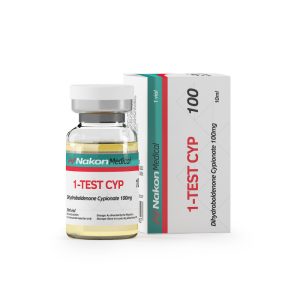
1 Test Cyp 100mg/ml – Nakon Medical Nakon Medical
108,00 € Add to cart -
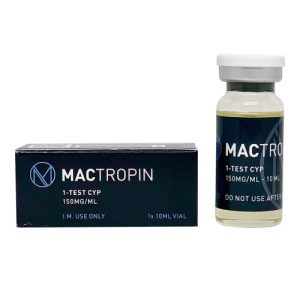
1- Test C / Dhb Mactropin
45,00 € Add to cart -
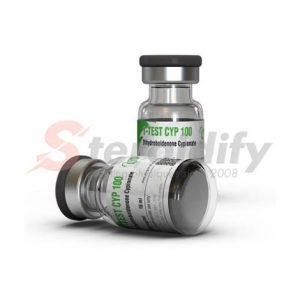
1-Test Cyp 100 Dragon Pharma
109,00 € Add to cart -
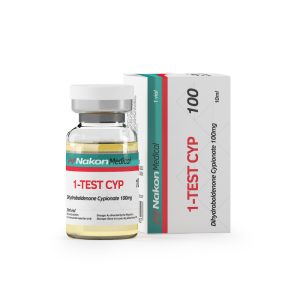
1-Test Cyp 100 Nakon Medical
94,00 € Add to cart -
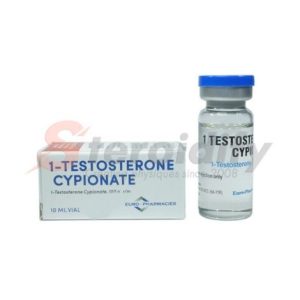
1-Testosterone Cypionate (DHB) 10ml Euro-Pharmacies
70,00 € Add to cart -
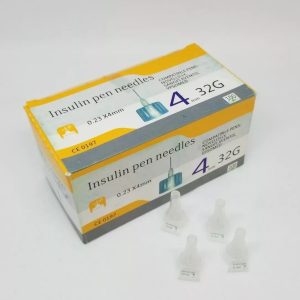
1-Testosterone Cypionate DHB 75mg/ml, 15ml/vial USA Euro-Pharmacies
114,00 € Add to cart -
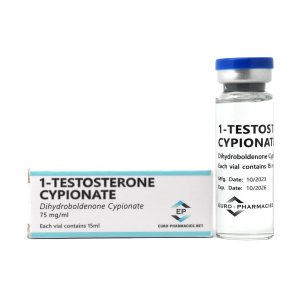
1-Testosterone Cypionate DHB 75mg/ml, 15ml/vial USA Pharmaceutical
114,00 € Add to cart -
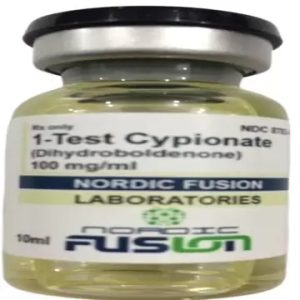
1-TESTOSTERONE CYPIONATE NORDIC FUSION
69,00 € Add to cart -

10 amp-1-Testosterone Cypionate (DHB) – 100mg/ml 1ml-amp EU Euro-Pharmacies
66,00 € Add to cart -

10 amp-1-Testosterone Cypionate (DHB) – 100mg/ml 1ml-amp EU Pharmaceutical
66,00 € Add to cart -

10 amp-Boldenone Undecylenate (Boldenone) – 250mg-ml 1ml-amp EU Euro-Pharmacies
84,00 € Add to cart -

10 amp-Drostanolone Enanthate 200mg-ml 1ml-amp EU Euro-Pharmacies
120,00 € Add to cart -
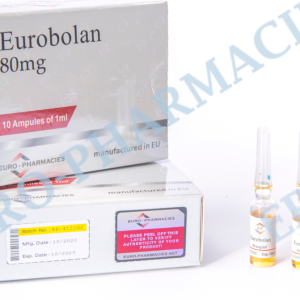
10 amp-Eurobolan (Tren Hexa) – 80mg/ml 1ml-amp EU Euro-Pharmacies
108,00 € Add to cart -

10 amp-Nandrolone Decanoate (Deca) – 250mg-ml 1ml-amp EU Euro-Pharmacies
84,00 € Add to cart -

10 amp-Nandrolone Decanoate (Deca) – 250mg-ml 1ml-amp EU Pharmaceutical
84,00 € Add to cart -
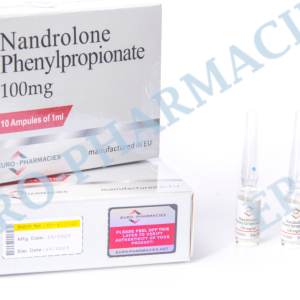
10 amp-Nandrolone Phenylpropionate (NPP) – 100mg-ml 1ml-amp EU Euro-Pharmacies
60,00 € Add to cart